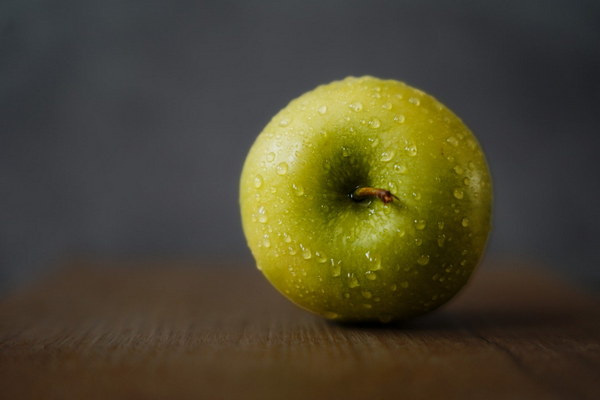Can Squats Really Boost Lung Health Exploring the Benefits of Squatting for Respiratory Function
In recent years, there has been a surge of interest in the benefits of physical exercise for overall health, including the lungs. One exercise that has piqued the curiosity of many is squats. Can squats really boost lung health? Let's delve into the science and the folklore to find out.
The Squat: A Brief Overview
Squats are a fundamental movement that engages multiple muscle groups, primarily the glutes, quads, and hamstrings. They can be performed in various forms, from bodyweight squats to weighted squats, and even with resistance bands or other equipment. The exercise is known for its effectiveness in building lower body strength and improving overall fitness.
The Lung-Boosting Claim
The claim that squats can improve lung health is not entirely unfounded. While squats are not a direct lung workout, their impact on the body's respiratory system is indirect but significant. Here are a few ways squats can benefit lung health:
1. Improved Thoracic Mobility: Squats require a full range of motion in the hips, knees, and ankles, which can improve the mobility of the thoracic spine. A more mobile spine can lead to better lung expansion and increased lung capacity.
2. Enhanced Core Strength: A strong core is essential for proper breathing mechanics. Squats engage the core muscles, which can help improve posture and breathing efficiency.
3. Increased Oxygen Intake: Squats are a cardiovascular exercise, which means they increase heart rate and blood flow throughout the body, including to the lungs. This can lead to improved oxygenation of the blood and tissues.
4. Pulmonary Function: Some research suggests that squats can improve pulmonary function, particularly in individuals with chronic obstructive pulmonary disease (COPD). The exercise helps to maintain lung capacity and respiratory muscle strength.
The Science Behind the Squat and Lung Health
Several studies have explored the relationship between squats and lung health. A study published in the Journal of Strength and Conditioning Research found that squats can enhance the respiratory muscle strength of individuals with COPD. Another study in the European Journal of Applied Physiology indicated that squats can improve lung function in healthy individuals.
While the evidence is promising, it's important to note that the benefits of squats on lung health may vary from person to person. Factors such as the intensity of the squats, the frequency of the exercise, and individual health conditions play a role in determining the extent of the benefits.
How to Incorporate Squats into Your Routine for Lung Health
If you're interested in using squats to potentially improve your lung health, here are a few tips:
- Start with bodyweight squats to master the movement before adding weights.

- Perform squats at a controlled pace to ensure proper form and to minimize the risk of injury.
- Aim for at least two to three sets of 10-15 squats per session, gradually increasing the number of sets and repetitions as you progress.
- Focus on deep breathing during the exercise, inhaling on the descent and exhaling on the ascent.
- Always consult with a healthcare professional before starting any new exercise regimen, especially if you have pre-existing health conditions.
Conclusion
While squats are not a direct exercise for the lungs, they can contribute to overall lung health through various indirect means. By improving thoracic mobility, enhancing core strength, increasing oxygen intake, and potentially improving pulmonary function, squats can be a valuable addition to a fitness routine aimed at promoting respiratory health. As with any exercise, consistency and proper form are key to reaping the benefits.









